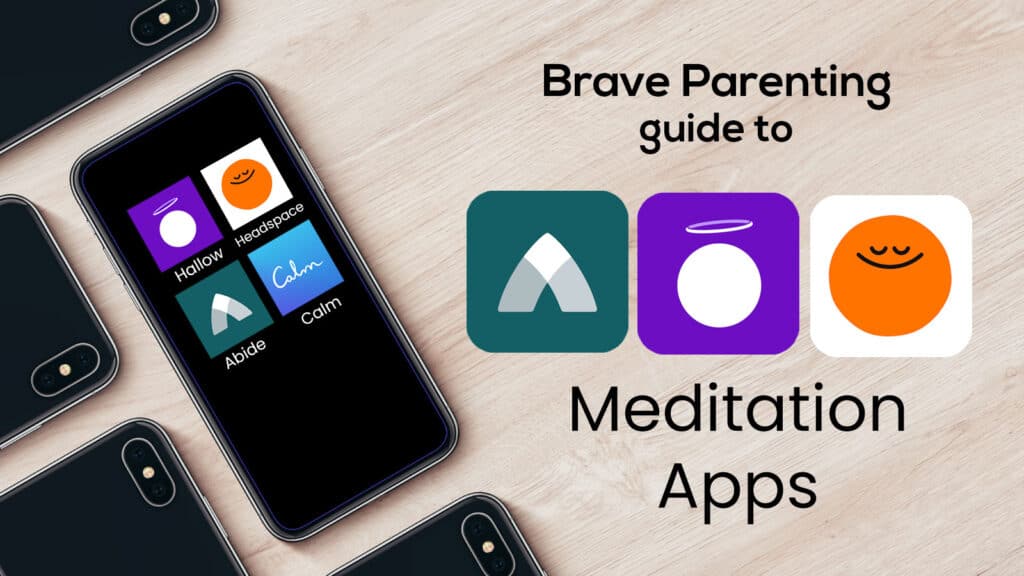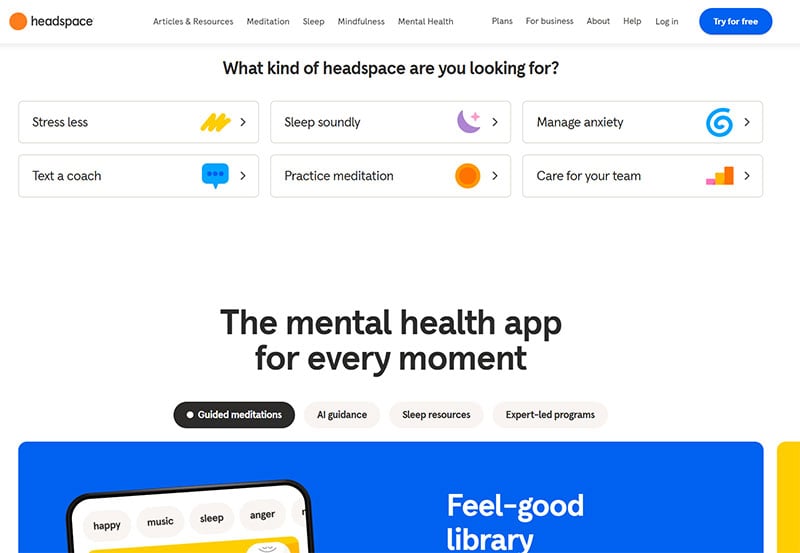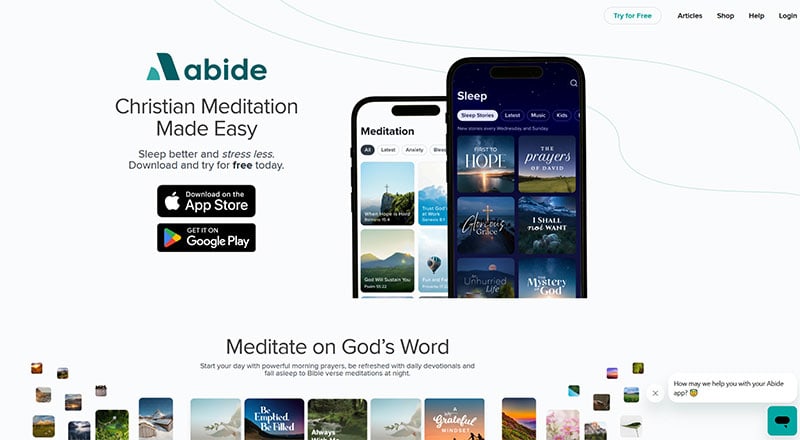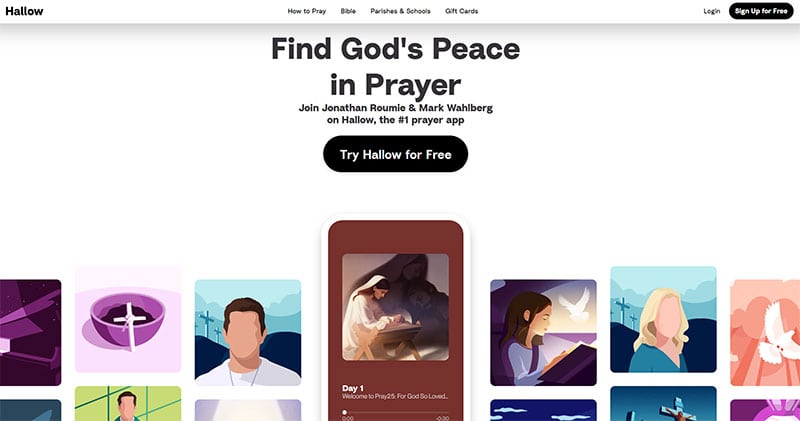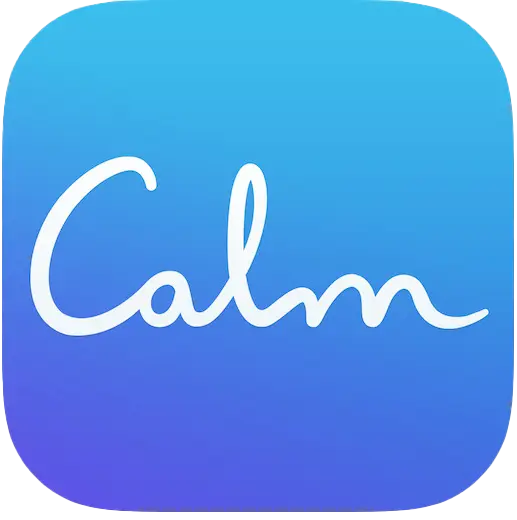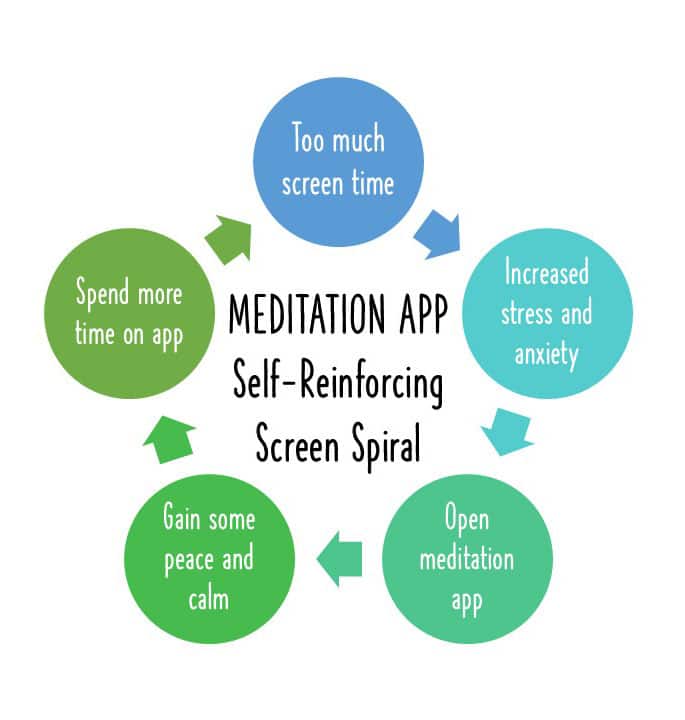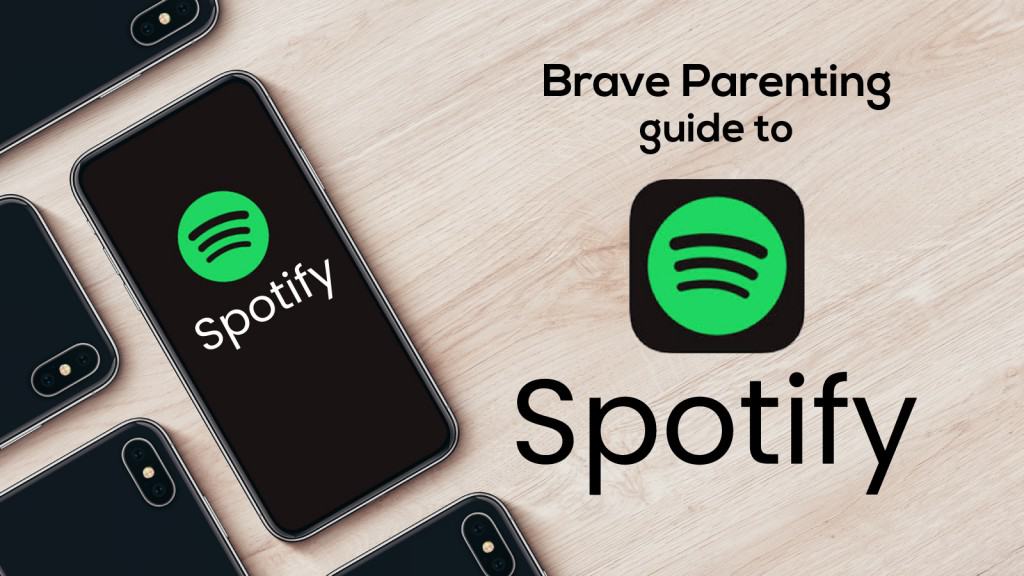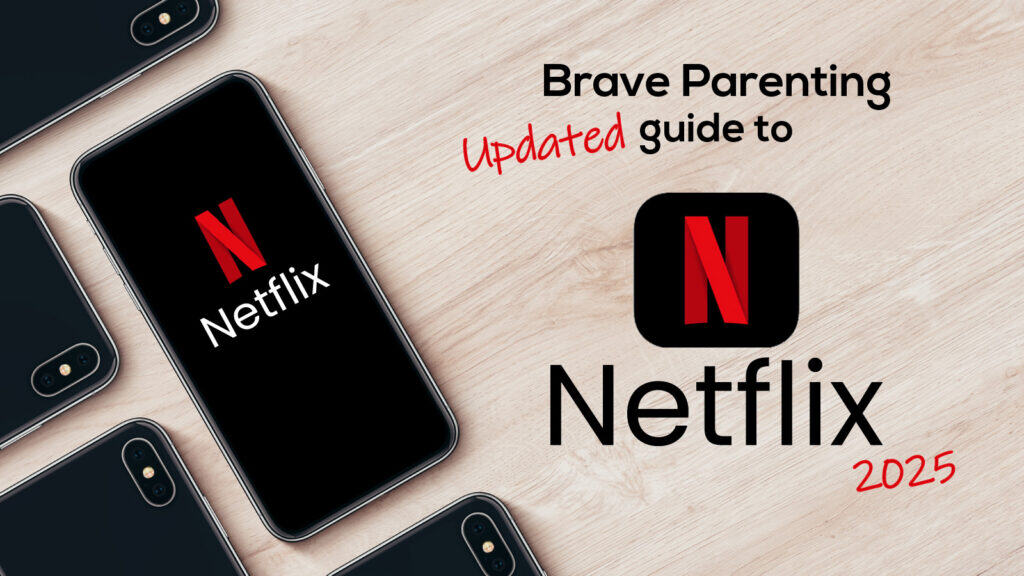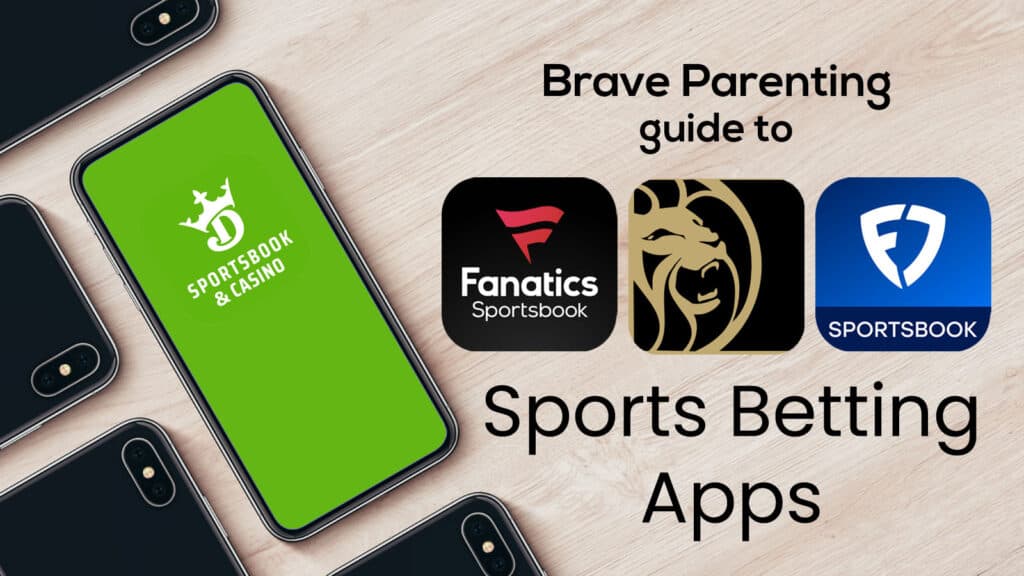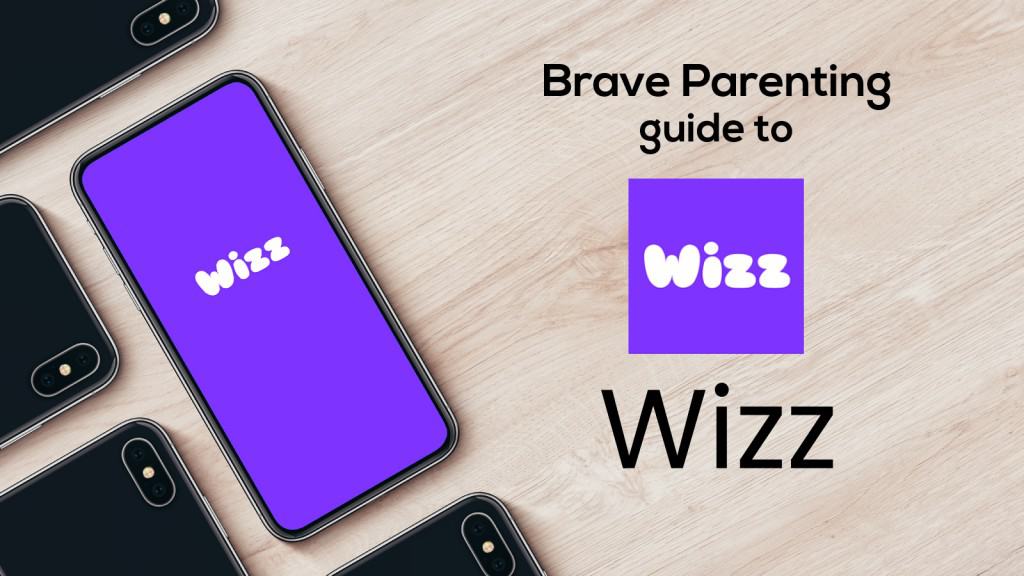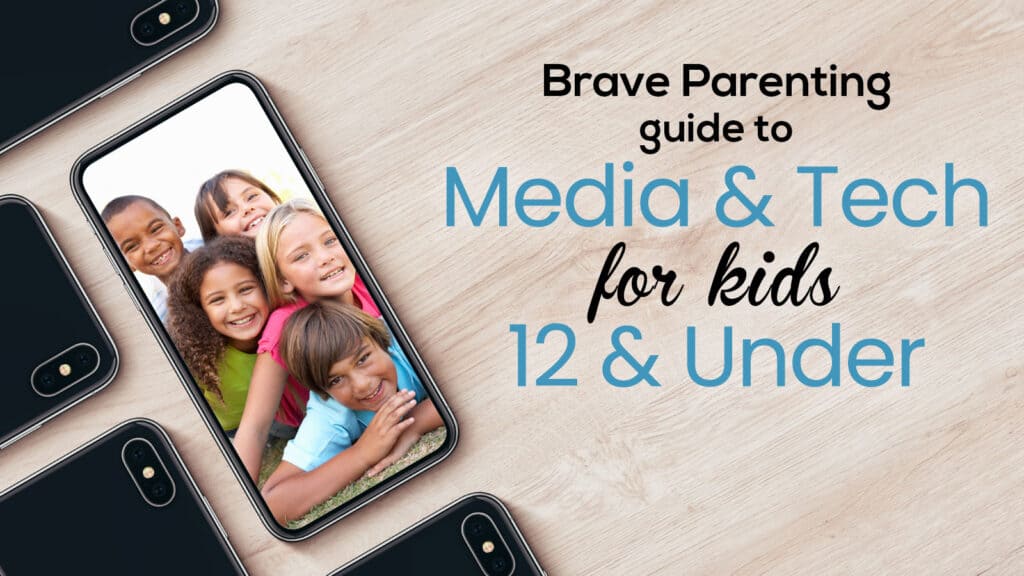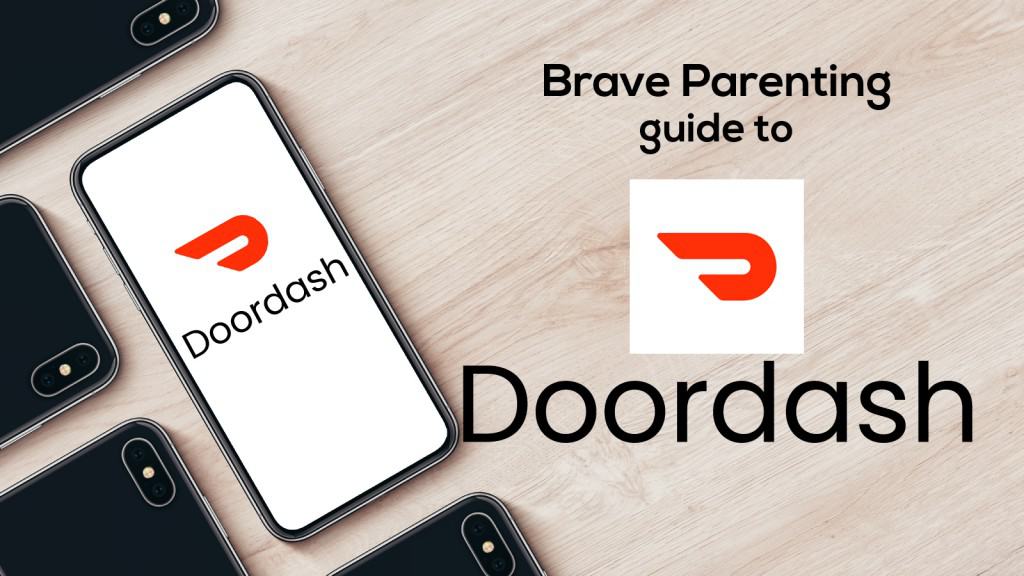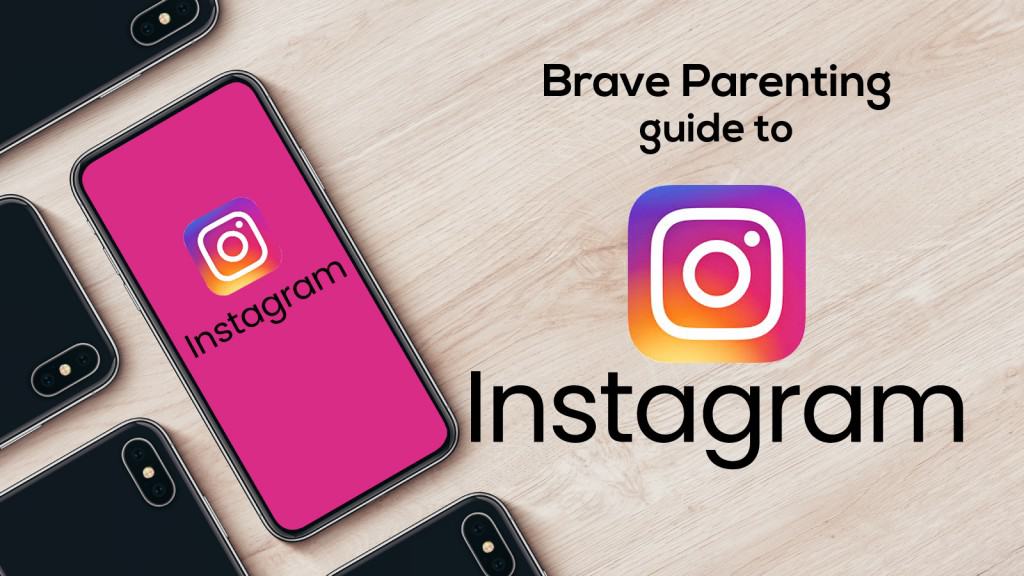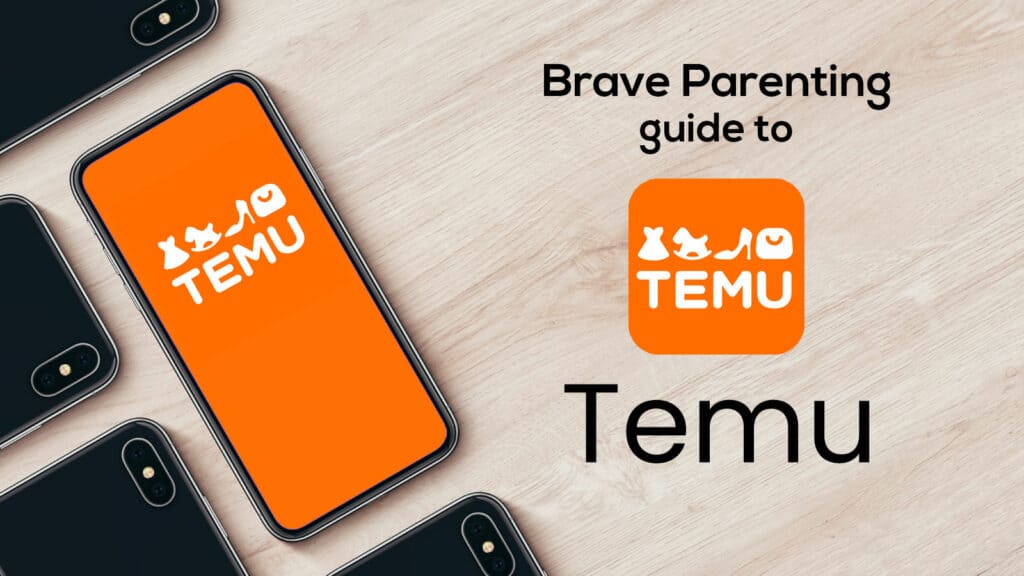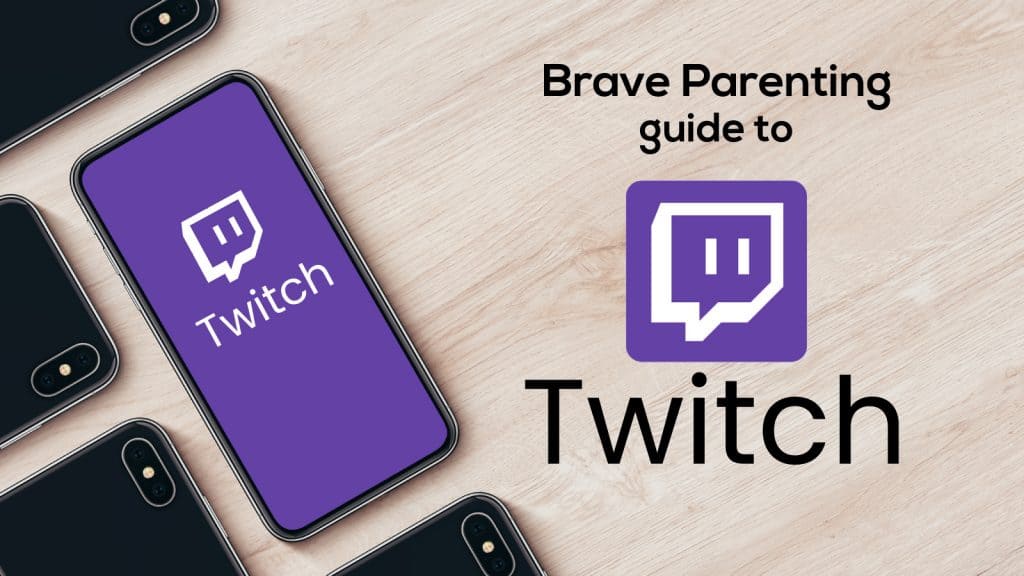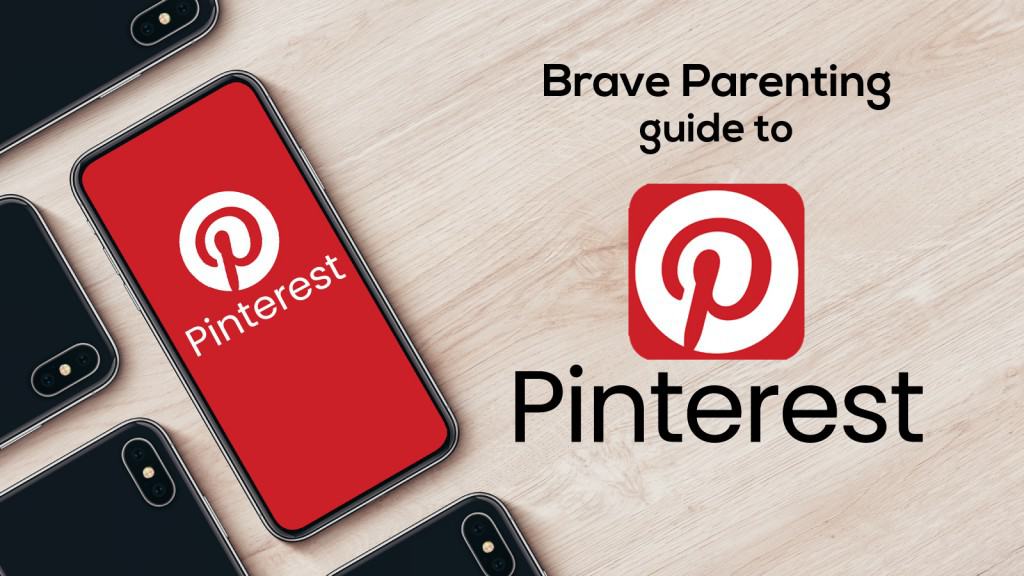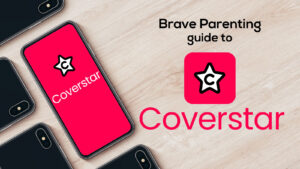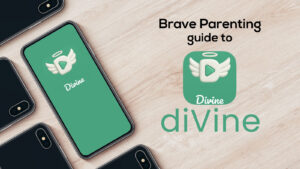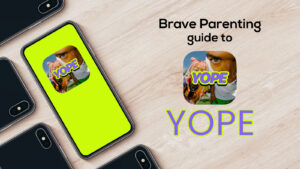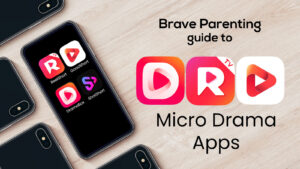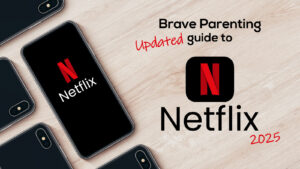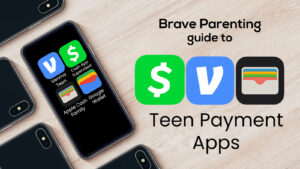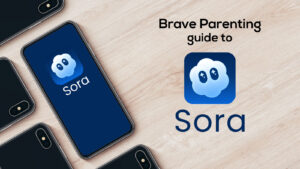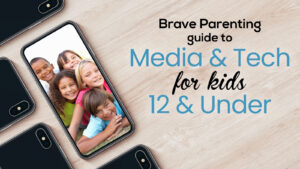Meditation apps have grown into a multi-billion-dollar industry. These apps appeal to the everyday person who is stressed, anxious, depressed, over-scheduled, and over-stimulated by constant connection online.
Their popularity and convenience can lead Christians not to think critically or biblically about their use. This guide will help you do just that.
What is Meditation Exactly?
There are various definitions and methods of meditation, and the differences matter. Let’s review the four broad categories.
1. Secular Meditation
This is what is often termed “mindfulness.” The focus of secular meditation is stress reduction and mental well-being. It accomplishes this by self-observation and stillness.
It often involves detaching oneself from any religious or spiritual roots to achieve the inner peace desired. That doesn’t necessarily mean Christianity but more of meditation’s Buddhist roots. The entire program of “Mindful-based Stress Reduction’ comes from Jon Kabat-Zinn, who sought to apply Buddhist principles of mindfulness to help reduce stress to a broader audience not interested in Buddhism.
Hence, the detachment from spiritual roots. Here’s what one “mindfulness expert” describes secular meditation as:
“Meditation appeals to me because it doesn’t need a god. It doesn’t need ritual. It doesn’t need sacred texts or leaders. It doesn’t promise salvation. It’s simply me connecting with myself through the most natural thing I know how to do – breathing.”
2. Eastern Religious Meditation
This is the mindfulness meditation of the secular but with the traditions of Buddhism, Hinduism, and Taoism. The purpose is to achieve spiritual enlightenment, transcendence, freedom, insight, or unity with the divine. The goal is to quiet the mind, transcend worldly concerns, and align with universal consciousness.
The meditation process typically involves a certain posture, chanting mantras, and focusing on “energy centers” (called chakras). It is a journey for the heart/mind inward (within themself) to find the meaning of life because there is no “God” to be discovered elsewhere.
3. New Age Meditation
This is a blend of spiritual and pseudo-spiritual practices often marketed as a path to “self-realization” or some sort of cosmic connection with the universe. Theologically, the New Age believes in a holistic form of divinity where god is present in all things, including humans. Thus, the self is the spiritual authority.
The meditation is practiced by visualization/manifestations, affirmations, energy healing, or accessing higher consciousness.
4. Christian Meditation
Christian meditation focuses on dwelling on God’s word, His attributes, and His presence, using Scripture as the foundation for reflection. Meditation is found in Scripture in several places:
“But his delight is in the law of the Lord, and on his law he meditates day and night.” (Psalm 1:2)
“I will meditate on your precepts and fix my eyes on your ways.” (Psalm 119:15)
Christian meditation aims to develop intimacy with God, align the heart and mind with Christ, and seek holiness and sanctification through the Holy Spirit. While the other types of meditation encourage emptying the mind – Christian meditation is about filling the mind with God’s word and being full of His Spirit.
Popular (Secular) Apps: Calm & Headspace
Both of these popular apps have been downloaded hundreds of millions of times, and their net worth is in the billions. Neither of these apps claims to promote one specific method of meditation. Rather, they speak about improving health, wellness, sleep quality, stress, and focus. It’s safe to say they fall primarily into the secular meditation category.
Calm:
- Calm is popular for its less structured meditations and ambient soundscape
- Known best for its sleep stories and meditations. (The “Dream with Me” narrated by Harry Styles reportedly “broke” the app)
- Free content is available, but full access requires a subscription of $70/year
- Offers celebrity-led meditations and mental health screenings utilizing the GAD-7 and PHQ-8.
- Partners with businesses and insurance conglomerates to provide mental health services to employees and insured members
Headspace:
- Headspace is ranked as the best meditation app because of its robust library of meditations, organization, and fun interface.
- Free content is available, but full access requires a subscription of $70/year; college student (18+) pricing $10/year
- Mental health text-based coaching available for $100/mo
- Ebb, your empathetic AI companion, offers personalized content recommendations and guidance.
- Headspace XR is a virtual world (“a playground for your mind”) available through Meta Quest, where users can “move, meditate, or just explore and adventure with your friends.”
- Offers employers, health plans, and consultants with mental health services, including one-on-one coaching, therapy, and psychiatry services.
- Co-founder of Headspace, Andy Puddicombe, is an ordained Buddhist monk.
Popular (Christian) Apps: Abide & Hallow
These apps are essentially Christian versions of Calm and Headspace. The distinction is important as the motivation is to connect with God through His word rather than simply enhancing wellness, stress, focus, or sleep. Although, those are advantages these apps claim to deliver as well.
Abide:
- Boasts an extensive library of 2000+ meditations, 365+ bedtime stories, a full audio bible, and thematic biblical content.
- Offers a “community” of faith where users can join millions of others, including Grammy-award-winning artists and Christian leaders.
- Minimal free content; full access requires a subscription of $40/year.
- Quantified engagement through streaks.
- They offer free premium subscriptions to counselors and therapists.
- Started by two former Google employees seeking to use their gifts to bring people closer to God.
- According to Abide’s website, “Abide’s writers and narrators come from diverse Christian traditions. We believe the Bible is true, and we profess the Nicene Creed as our statement of faith.”
Hallow:
- Boasts they are the #1 Praying app (and #1 Catholic app) in the world, offering over 10,000 different sessions on contemplative prayer, meditation, Catholic Bible readings, music, sleep stories, and more.
- Daily prayers (including the rosary) and the 9-day Intro Prayer Challenge are free; full access is $70/year.
- Celebrity collaborations allow users to “pray the rosary with Mark Walberg.”
- Quantified engagement through streaks (cannot turn off their notifications), and a tally of goals completed and minutes of prayers prayed.
- The Community section allows users to join their church’s “community,” connect with friends (via group or individual direct messages), or join a community challenge with others around the world.
- Partners with parishes and schools to “help teachers strengthen their students’ mental and spiritual lives through encountering Christ in meditative prayer.”
- According to Hallow’s website, “We rely on our advisors heavily to ensure Hallow always stays 100% authentically catholic & aligned with the Church.”
Meditation for Kids
It is no surprise that with the rise and success of mindfulness and meditation apps, they would become popular tools for parents to help children. They are promoted to improve emotional control, self-awareness, self-control, self-esteem, sleep, focus, and attention spans while reducing anxiety and stress in kids. Phew, that’s a lot of big promises!
Apps for Kids:
One of the top apps for kids’ meditation is Smiling Mind. The app is free and offers hundreds of mindfulness activities for all ages (suggestion is 5+). There are breathing meditations, sensory exercises, and soothing music and stories to listen to.
Another popular free app for kids is Breathe, Think, Do with Sesame. This app is geared to children ages 2-5 and aims to help build resilience through practicing problem-solving. Using the touch screen, children are encouraged to help a friendly monster take deep breaths, think of plans, and try them out to get through a challenging situation.
The previously discussed apps, Calm, Headspace, Abide, and Hallow, all offer content for kids as well. Whether it is guided meditation, breathing exercises, or sleep meditation – where there is an audience and a perceived need, there is an app.
The Concerns:
Many of these meditation apps have programs that equip schools and teachers with mindfulness techniques incorporated into Social Emotional Learning (SEL) programs. These programs are often driven by feelings rather than objective truth. Not to mention, most SEL programs use mindful meditation as a mask to teach individual responsibility for destroying inequities in the family, school, and community setting – woke ideology, in other words.
Learning mindfulness and meditation techniques in a public school setting is guaranteed to be void of any biblical application. The techniques will be Secular at best and New Age at worst.
Now, what about the Christian meditation apps and their use in schools?
On the surface, learning Christian meditation on Scripture and through prayers is biblical. But this can (and must) be done in Christian/Catholic schools without the use and aid of an app on a screen.
Using a meditation app that employs persuasive algorithms and variable rewards only reinforces the belief that children have that they need these smart devices and apps for all of life. Which is, of course, the furthest from the truth.
Ratings & Review:
All of these apps are given a 4+ age rating in the App Store. Google Play rates them “E” for everyone.
In faithfulness to scripture, Brave Parenting does not recommend any of the secular mindfulness/meditation apps.
In recognition of the behavior modification tactics that encourage maximum engagement on the app, Brave Parenting does not recommend any of the Christian prayer/meditation apps.
Here is why:
These apps’ marketing material and even articles scattered across the web reviewing the meditation apps all describe the need parents and children have to “cope with stress,” “quiet the mind,” “combat anxiety,” and “promote happiness.” There is little room to argue that a source of almost all modern stress, distraction, anxiety, and depression is the constant online connection through a screen. Research has demonstrated that the greater the screen time, the greater the risk of mental health issues.
Yet, here we have meditation apps encouraging more time spent on the screen by way of daily streaks, achievements, quantified prayers prayed, checklists, challenges, and celebrity connections.
This is a self-reinforcing cycle. A cycle that, not ironically, has made these companies millions of dollars.
The attention economy relies on the Screen Spiral. The screen cannot be the problem and the solution!
The Bottom Line:
Secular, Eastern, and New Age meditation are false gospels. They sound like good news and may even bring temporary mental clarity, but it does so at the elevation and exaltation of self.
In his pride the wicked man does not seek Him; in all his thoughts there is no room for God (Psalm 10:4).
Biblical meditation is a prescribed practice for Christians, but that does not require an app, a subscription, or a screen. It only requires humility. We come before God in humble submission, empty of ourselves, to be filled by God’s Holy Spirit and the peace that transcends all human understanding.
Humble yourselves before the Lord, and he will lift you up (James 4:10).

